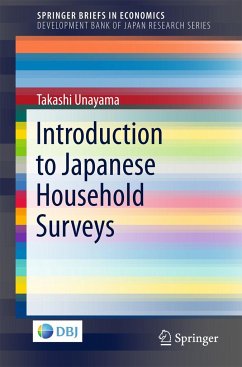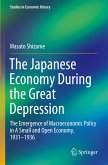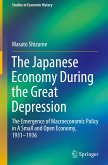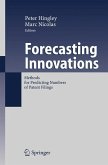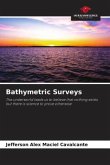This volume examines the properties of statistics on household behavior in Japan. This work is an essential guide for all researchers who are interested in household decision making and the Japanese economy. Many household surveys are conducted in Japan reflecting the fact that household activities have various aspects such as income earning, timing and pattern choice of expenditure and consumption, asset portfolio choice, labor supply decision, time use, and health status. Moreover, the contents of each survey overlap in a complex manner to present a serious obstacle for potential survey users. In this book, the basic information from each survey such as sampling methods, survey techniques, and available variables is provided and then compared to check the consistency across the same variables reported in different surveys. Exploring strengths and weaknesses of each survey, this book is highly recommended to readers who seek comprehensive, up-to-date information about Japanese surveys and want to use appropriate data for their analysis.
Bitte wählen Sie Ihr Anliegen aus.
Rechnungen
Retourenschein anfordern
Bestellstatus
Storno

